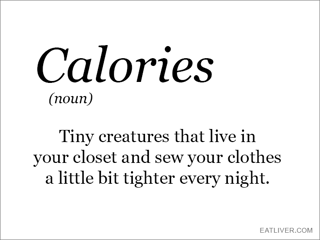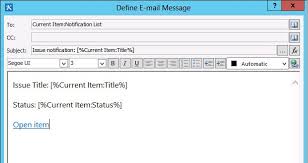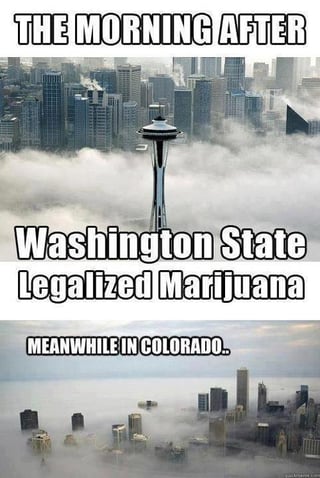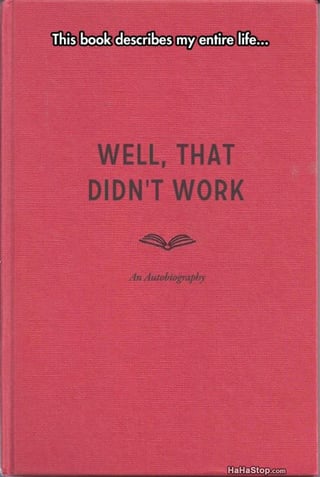 "I applied for an SBA loan but they turned me down." Okaaaay, but what did the second SBA lender say? How about the third? Today's article is pretty long, so if you don't get to the end, please remember this important lesson:
"I applied for an SBA loan but they turned me down." Okaaaay, but what did the second SBA lender say? How about the third? Today's article is pretty long, so if you don't get to the end, please remember this important lesson:
Every SBA lender is different, and just because one SBA lender turns you down, this doesn't mean that another might not still approve your deal. By using C-Loans.com to apply for your SBA loan (the orange button below), you can quickly shift your SBA loan application to six more of our 218 different SBA lenders.
A lot of commercial mortgage borrowers think that the SBA is the lender, and therefore if the SBA turns them down that they are toast. The SBA does not make commercial loans. It only insures a part of the loan. The actual lender is the bank making the loan.

Example:
Bank of Wyoming makes a $900,000 new SBA loan to renovate a successful but aging truck stop on I-25. Because the business was an existing one, rather than a start-up, the borrower was able to qualify for an SBA loan of 90% loan-to-value. Had the business been a start-up, the maximum loan-to-value ratio would have been limited to just 70%.
Now the Small Business Administration is not going to guarantee the entire $900,000 loan. The SBA wisely demands that the bank have some skin in the game. The general rule is that the SBA will only guarantee between 50% and 85% of the loan made by Bank of Wyoming, depending on the SBA program (7a versus 504) used and other factors.

For the sake of this example, let's assume that the SBA agrees to guarantee 70% of the $900,000 truck stop loan made by Bank of Wyoming. This means that Bank of Wyoming has 30% of $900,000 at risk in this loan or $270,000. Requiring the bank to have some skin in the game helps to makes sure that banks don't make SBA loans willy-nilly.

In real life, Bank of Wyoming has less than $270,000 at risk. The bank can sell off the insured portion for a substantial premium. The insured portion is 70% of $900,000 or $630,000. Now a premium is the amount that a loan buyer or a bond buyer will pay in excess of the face value of the note.
In this case, lets suppose that Bank of Wyoming can sell off in the secondary market the insured portion of this truck stop loan at a premium of 10%. Why would bond buyer pay a 10% premium? An SBA loan yields 2.75% over Prime. Since Prime is 4.25% today, that's a whopping government-guaranteed yield of 7%. Thirty-year Treasuries today are only yielding about 2.8%.

Now a 10% premium on $630,000 (the insured portion of our $900,000 loan) is a whopping $63,000! Therefore Bank of Wyoming doesn't really have $270,000 at risk in the deal but it quickly sells off the insured portion for a $63,000 premium. Now the bank has only $207,000 at risk in our $900,000 truck stop loan.
In doing my research for this article, I discovered that SBA lenders earn a handsome loan servicing fee of 1% per year. Therefore the bond buyers are actually only netting 6% after loan servicing fees, but they are still quite happy to pay a 10% premium. Heavens, I sure love-love-love loan servicing fees. Every month my own hard money shop enjoys $90,000 in loan servicing fees, whether we close a new loan that month or not.

Okay, we are closing in on the point of today's article. It is quite possible that the Bank of Wyoming was the third Wyoming SBA lender to look at this deal. The first two lenders might have turned down the deal because of the fuel tanks or because the deal depended on fuel sales increasing after the renoavtion. The deal was too speculative in the eyes of the first two banks to look at the deal.
In stark contrast, the President of Bank of Wyoming loved the deal because his dad had owned a trucking company, and his dad had complained for years that this section of I-25 desperately needed a truck stop.

Remember, despite the large premium paid for SBA loans in the secondary market, Bank of Wyoming still had some serious skin in the game - $207,000. Therefore the approval of any SBA loan is NOT guaranteed. It depends on whether or not the bank reviewing the deal is willing to put a ton of their own dough at risk.
If you are trying to get your SBA loan approved, be sure to submit it through C-Loans.com to our 218 SBA lenders. If one our SBA lenders turns you down, you'll be invited to submit the same application to six more SBA lenders, with no additional paperwork on your part! One, short SBA loan app works for all 218 of our SBA lenders. Start by using the orange button below.










 Have you guys ever heard of a smartphone app called TuneIn.com? I stumbled across the app recently, and I am enjoying it so much that I thought I'd share it with you. I am not getting paid for this article, ha-ha. I am simply sharing my wonderful experience with TuneIn.com because you guys are my buddies. I teach my loan officers to write to their contacts, not as some stuffy, boring "professional", but rather as if they were buddies sharing a beer at the end of the day - so pop open a brew and prepare to be wowed.
Have you guys ever heard of a smartphone app called TuneIn.com? I stumbled across the app recently, and I am enjoying it so much that I thought I'd share it with you. I am not getting paid for this article, ha-ha. I am simply sharing my wonderful experience with TuneIn.com because you guys are my buddies. I teach my loan officers to write to their contacts, not as some stuffy, boring "professional", but rather as if they were buddies sharing a beer at the end of the day - so pop open a brew and prepare to be wowed.










 Let's suppose that you hear that Rick Savoy is working as a commercial real estate loan officer at Mason Bank, and he is closing a lot of commercial loans. The problem is that you don't know his email address, and he seems a little weird about giving it out to some new commercial mortgage broker. Bankers tend to hate unsolicited email and hence his reluctance.
Let's suppose that you hear that Rick Savoy is working as a commercial real estate loan officer at Mason Bank, and he is closing a lot of commercial loans. The problem is that you don't know his email address, and he seems a little weird about giving it out to some new commercial mortgage broker. Bankers tend to hate unsolicited email and hence his reluctance.








 Once upon a time, Steve Coach owned a large bus line company, Coach's Coaches. His company owned 1,200 semi-luxury coaches that they hired out for various tours and sporting events. Business was good for many years, but a series of unfortunate decisions left the bus line deeply in debt and with only 300 buses fit for use. Steve had no choice but to put his 30-year-old company into Chapter 11 Bankruptcy.
Once upon a time, Steve Coach owned a large bus line company, Coach's Coaches. His company owned 1,200 semi-luxury coaches that they hired out for various tours and sporting events. Business was good for many years, but a series of unfortunate decisions left the bus line deeply in debt and with only 300 buses fit for use. Steve had no choice but to put his 30-year-old company into Chapter 11 Bankruptcy.









 My hard money commercial mortgage company, Blackburne & Sons, was considering a nice hard money commercial loan on a cannabis growing facility in Washington State, where properly licensed facilities are now legally allow to grow it and sell pot for recreational use.
My hard money commercial mortgage company, Blackburne & Sons, was considering a nice hard money commercial loan on a cannabis growing facility in Washington State, where properly licensed facilities are now legally allow to grow it and sell pot for recreational use.


 Have you ever gone snow skiing and rented for your family a gorgeous ski chalet near the slopes for a week? What about the beach or the shore of some big, beautiful lake? Did you ever rent a big, gorgeous home on the water for a week?
Have you ever gone snow skiing and rented for your family a gorgeous ski chalet near the slopes for a week? What about the beach or the shore of some big, beautiful lake? Did you ever rent a big, gorgeous home on the water for a week?






 Before I get into how to meet bankers, let me first explain why you want to meet bankers.
Before I get into how to meet bankers, let me first explain why you want to meet bankers.







 When we physically shop these days, there are apparently two different ways to shop for physical goods that you can take home immediately, as opposed to waiting for Amazon Prime to deliver them. The first way to physically shop is that you can go to some big box store, walk the acres of concrete flooring, and buy your stuff quite cheaply.
When we physically shop these days, there are apparently two different ways to shop for physical goods that you can take home immediately, as opposed to waiting for Amazon Prime to deliver them. The first way to physically shop is that you can go to some big box store, walk the acres of concrete flooring, and buy your stuff quite cheaply. 




 One day Sammy Shopper, a thrifty and tight-fisted Scottish American, called every bank within 50 miles to find the best commercial loan for his office building. Guess what he found? Just about every bank quoted him the same rates and terms:
One day Sammy Shopper, a thrifty and tight-fisted Scottish American, called every bank within 50 miles to find the best commercial loan for his office building. Guess what he found? Just about every bank quoted him the same rates and terms:







